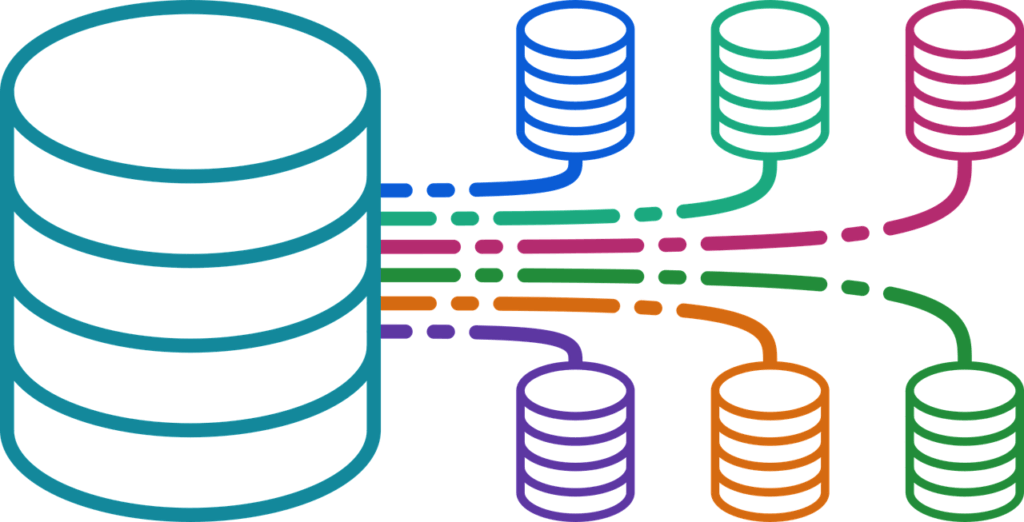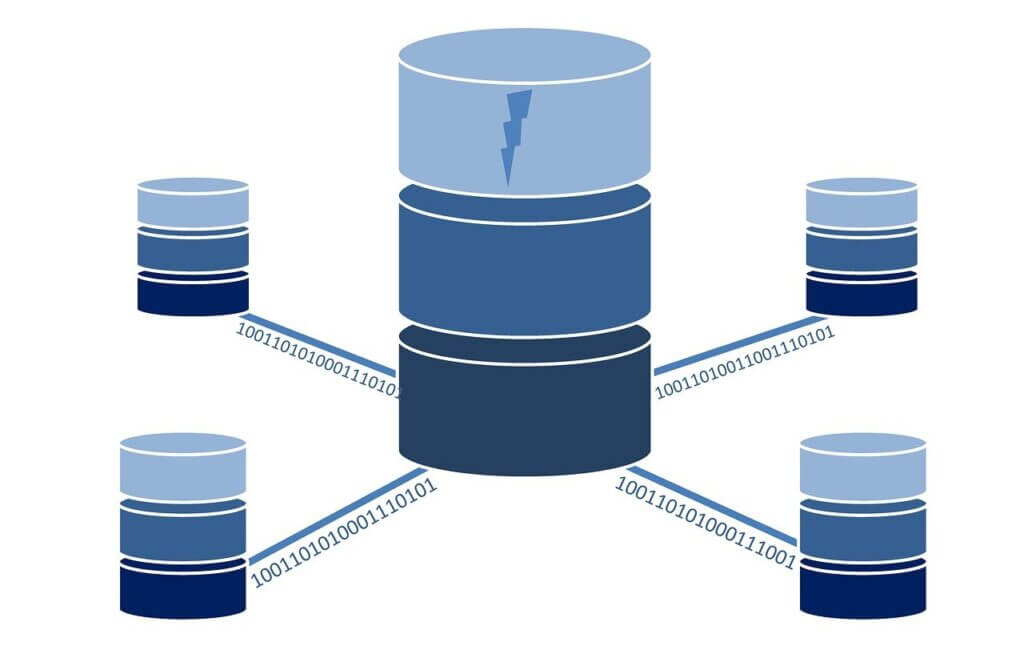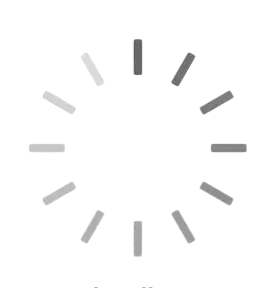Table of Contents
Toggle1. Introduction to Functional Programming
Functional Programming (FP) is a programming paradigm that treats computation as the evaluation of mathematical functions and avoids changing state and mutable data. In FP, functions are treated as first-class citizens, allowing them to be passed as arguments and returned as results of other functions.
What is Functional Programming?
Functional Programming revolves around the concept of writing software by composing pure functions, which produce consistent outputs for the same inputs without causing side effects. This paradigm emphasizes immutable data and avoids shared state, making programs more predictable and easier to reason about.
Key Features of Functional Programming
Key features of Functional Programming include immutability, higher-order functions, and recursion. Immutability ensures that once a value is assigned, it cannot be changed, reducing the likelihood of unexpected behavior. Higher-order functions enable the composition of smaller functions to create more complex behavior. Recursion allows functions to call themselves, facilitating elegant solutions to certain problems.
2. Historical Context
Origins of Functional Programming
Functional Programming has its roots in lambda calculus and the mathematical concept of functions. It gained prominence in the 1950s and 1960s with languages like Lisp and Scheme, which introduced functional concepts such as first-class functions and lexical closures.
Evolution and Adoption
Over the years, Functional Programming has evolved and influenced other programming paradigms. While it initially faced resistance due to its unconventional approach, it has gradually gained acceptance, especially in domains like finance, academia, and distributed systems.
3. Principles of Functional Programming
Pure Functions
Pure functions are functions that always return the same output for the same input and do not produce side effects. They are deterministic and referentially transparent, meaning they can be replaced with their return values without changing the program’s behavior.
Immutability
Immutability is the concept of making data immutable once it is created. In Functional Programming, data is treated as immutable, meaning it cannot be modified after creation. This ensures data consistency and simplifies concurrency management.
Higher-Order Functions
Higher-order functions are functions that can take other functions as arguments or return functions as results. They enable functional composition, allowing developers to build complex behavior by combining simpler functions.
Recursion
Recursion is the process of defining a function in terms of itself. Functional Programming relies heavily on recursion for iteration and solving problems in a concise and elegant manner.
4. Advantages of Functional Programming
Readability and Maintainability
Functional code tends to be more concise and expressive, making it easier to understand and maintain. By minimizing mutable state and side effects, Functional Programming reduces the risk of bugs and makes code more predictable.
Concurrency
Functional Programming promotes immutable data and pure functions, which are inherently thread-safe. This makes it easier to write concurrent and parallel code without worrying about race conditions or synchronization issues.
Testability
The purity of functions in Functional Programming makes it easier to write unit tests. Since pure functions produce deterministic outputs for given inputs, testing becomes more straightforward and less dependent on external factors.
Parallelism
Functional Programming encourages the use of immutable data and higher-order functions, which lend themselves well to parallel execution. By leveraging parallelism, developers can improve the performance of their applications without sacrificing readability or maintainability.
5. Challenges and Misconceptions
Learning Curve
Functional Programming can be challenging for developers accustomed to imperative or object-oriented paradigms. The shift in mindset, especially regarding immutable data and higher-order functions, requires time and practice to master.
Performance Concerns
While Functional Programming offers many benefits, there are concerns about its performance compared to imperative or object-oriented approaches. Immutable data structures and higher-order functions may introduce overhead, leading to potential performance bottlenecks.
Paradigm Shift
Adopting Functional Programming often requires a significant paradigm shift for organizations and developers. It requires rethinking the way software is designed, implemented, and maintained, which can be daunting for those entrenched in traditional approaches.
6. Real-World Applications
Web Development
Functional Programming has found applications in web development frameworks like React and Angular. These frameworks leverage concepts such as immutability and pure functions to build scalable and maintainable web applications.
Data Processing
Functional Programming is well-suited for data processing tasks, especially in domains like finance and analytics. Libraries like Apache Spark and Apache Flink provide functional APIs for distributed data processing and analysis.
Machine Learning
Functional Programming is increasingly being used in machine learning and artificial intelligence research. Functional languages like Scala and Haskell offer powerful abstractions for building and composing machine learning models.
7. Tools and Languages
Popular Functional Programming Languages
Several programming languages embrace Functional Programming principles, including Haskell, Scala, Clojure, and Erlang. These languages offer rich support for immutability, higher-order functions, and type systems tailored for functional programming.
Libraries and Frameworks
In addition to language support, various libraries and frameworks facilitate Functional Programming in different domains. Libraries like Cats and Scalaz provide abstractions and utilities for functional programming in Scala, while ClojureScript brings Functional Programming to the JavaScript ecosystem.
8. Conclusion
In conclusion, Functional Programming remains a relevant and powerful paradigm for building robust and scalable software systems. While it may have been overlooked or underestimated in the past, its principles and practices continue to influence modern software development. As technology evolves and the demand for scalable and maintainable software grows, Functional Programming is poised to play an increasingly significant role in shaping the future of coding.
FAQs
- Is Functional Programming suitable for all types of projects? Functional Programming can be applied to a wide range of projects, but its suitability depends on factors like team expertise, project requirements, and performance considerations.
- How does Functional Programming differ from object-oriented programming? Functional Programming emphasizes immutable data and pure functions, while object-oriented programming focuses on encapsulation, inheritance, and polymorphism.
- What are some common misconceptions about Functional Programming? Some common misconceptions include concerns about performance, the steep learning curve, and the belief that it is only suitable for academic or niche applications.
- Which industries are adopting Functional Programming? Industries like finance, healthcare, and telecommunications have embraced Functional Programming due to its emphasis on reliability, scalability, and maintainability.
- Are there any drawbacks to using Functional Programming? While Functional Programming offers many benefits, it can be challenging to adopt for developers accustomed to imperative or object-oriented paradigms. Additionally, concerns about performance and ecosystem maturity may arise in certain contexts.
Do you like to read more Blog content? Read our blogs at PintoraBlogs








